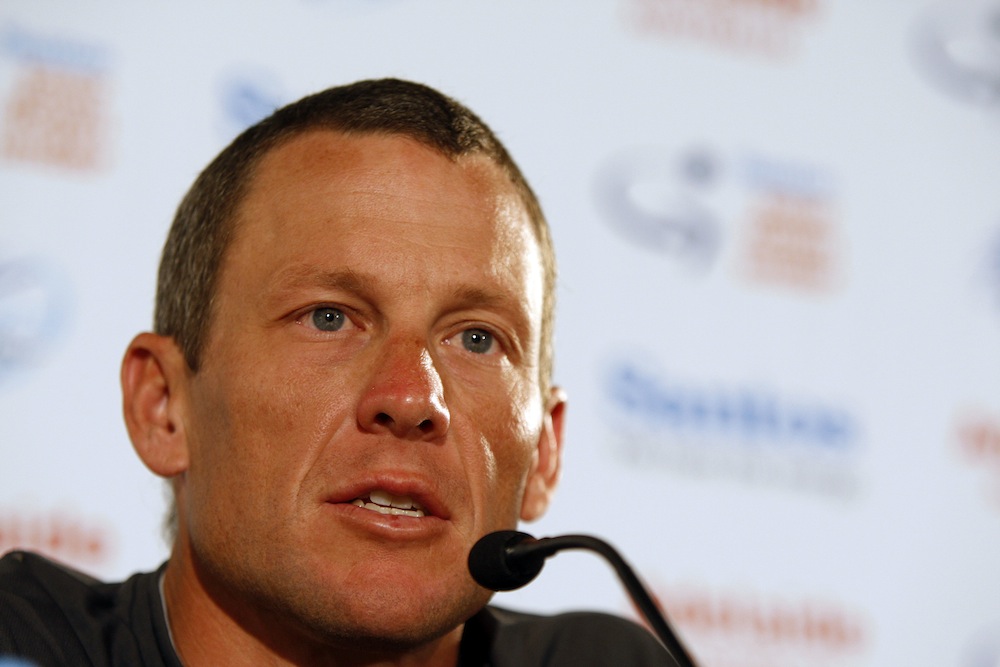Expert witness branded 'not competent to testify' in $100m Lance Armstrong lawsuit
Legal wrangling begins over whether hired witnesses should be allowed to testify

Lance Armstrong
The $100m lawsuit hanging over Lance Armstrong may not go to court until November, but the legal wrangling has already started between Armstrong's legal team and that of the US federal government.
The lawsuit against the American former professional rider was initially filed by his former US Postal team-mate Floyd Landis under the False Claims Act. Landis was later joined by the US Justice Department.
The premise of the case is that Armstrong and the Tailwind Sports management company that owned the US Postal team, defrauded the government out of funds as Armstrong and other members of the team used performance-enhancing drugs.
>>> Lance Armstrong takes to social media after fake news sites spread rumours that he'd died
In support of their arguments, both sides have called in expert witnesses and, as reported by USA Today, have now gone before a federal judge to prevent the other side's witnesses from giving evidence.
Armstrong's lawyers have hired Douglas Kidder, who estimated that the US Postal Service gained $257m in media exposure thanks to its sponsoring of the team, which set it back $32.3m between 2000 and 2004.
However lawyers for the US Justice Department argued that "Mr. Kidder is not competent to testify about earned media in general, much less in the context of the facts of this case. The Court should not permit this testimony to be presented to the jury."
The latest race content, interviews, features, reviews and expert buying guides, direct to your inbox!
>>> Lance Armstrong: 'I admire those people who didn't dope'
On the other side, government lawyers hired Larry Gerbrandt, who claims that the 1.5 billion media impressions of Armstrong’s doping and 154 billion impressions from online media coverage negatively impacted the value of the sponsorship.
In response, Armstrong's attorneys said: "The government would like to offer Mr Gerbrandt’s counting exercise and allow the jury to speculate that the USPS suffered harm as a result of the summary and that such harm exceeded the benefits the USPS enjoyed under the sponsorship. The jury cannot be allowed to speculate on this critical issue."
With the final case being decided by a jury, both sides are eager to prevent the other side's witnesses from testifying, which could have a major impact on the ultimate decision.
Henry Robertshaw began his time at Cycling Weekly working with the tech team, writing reviews, buying guides and appearing in videos advising on how to dress for the seasons. He later moved over to the news team, where his work focused on the professional peloton as well as legislation and provision for cycling. He's since moved his career in a new direction, with a role at the Department for Environment, Food and Rural Affairs.